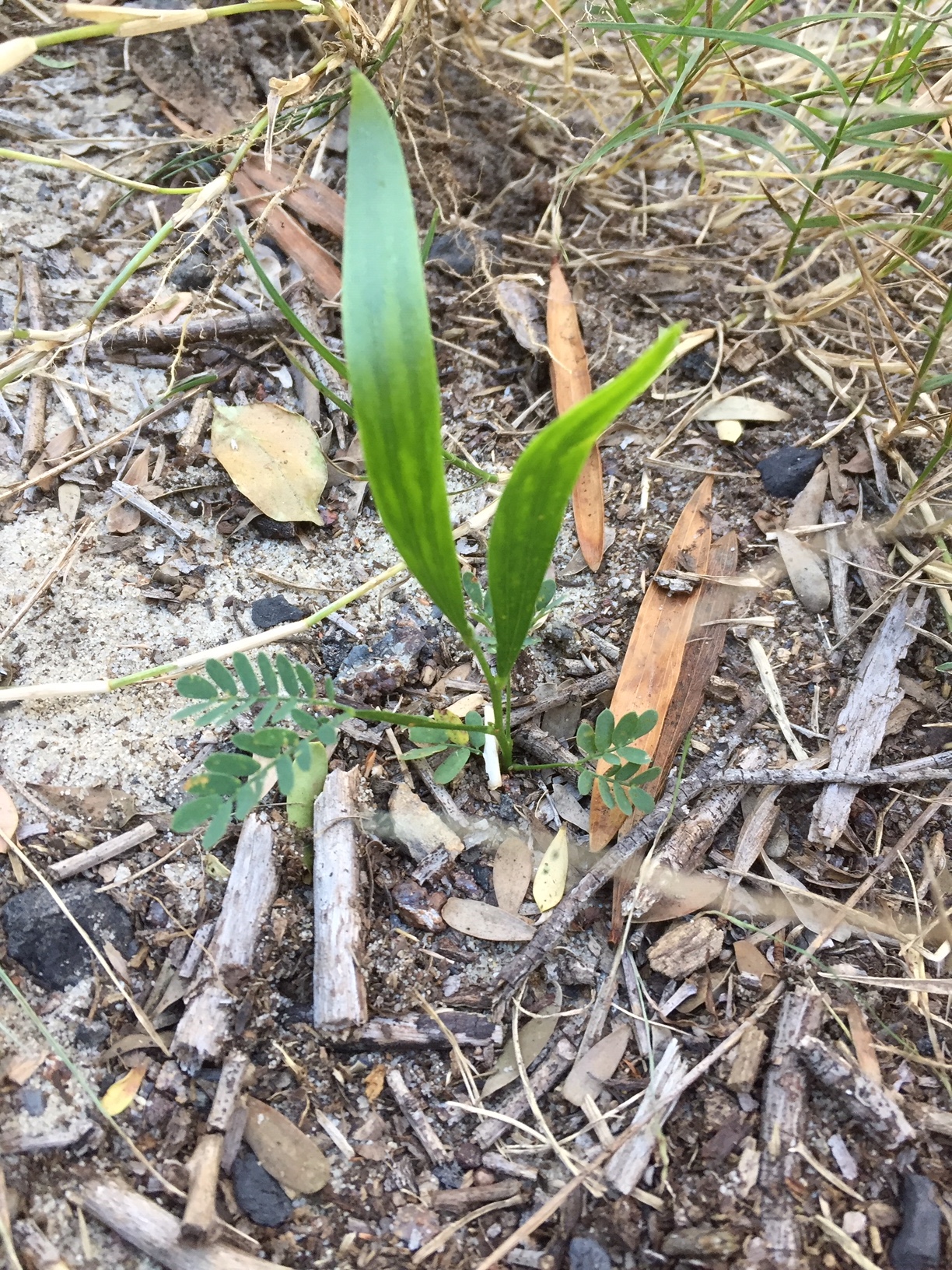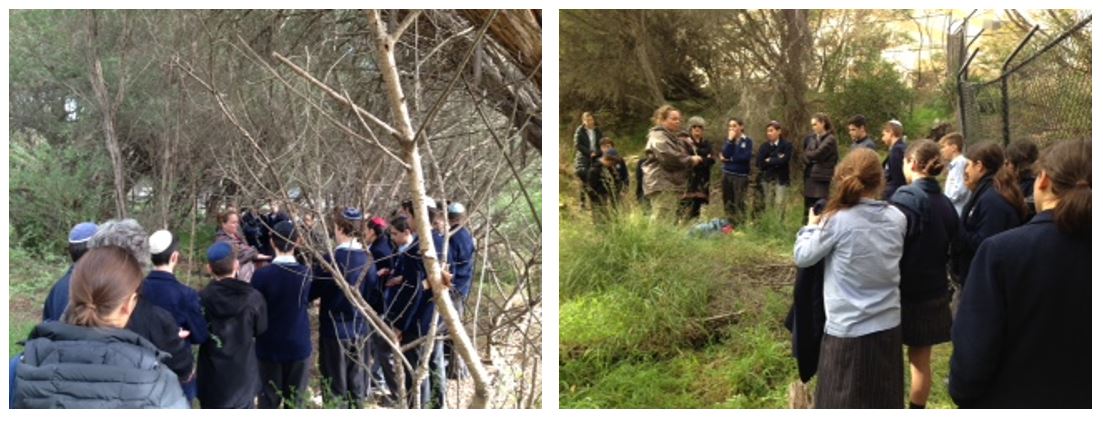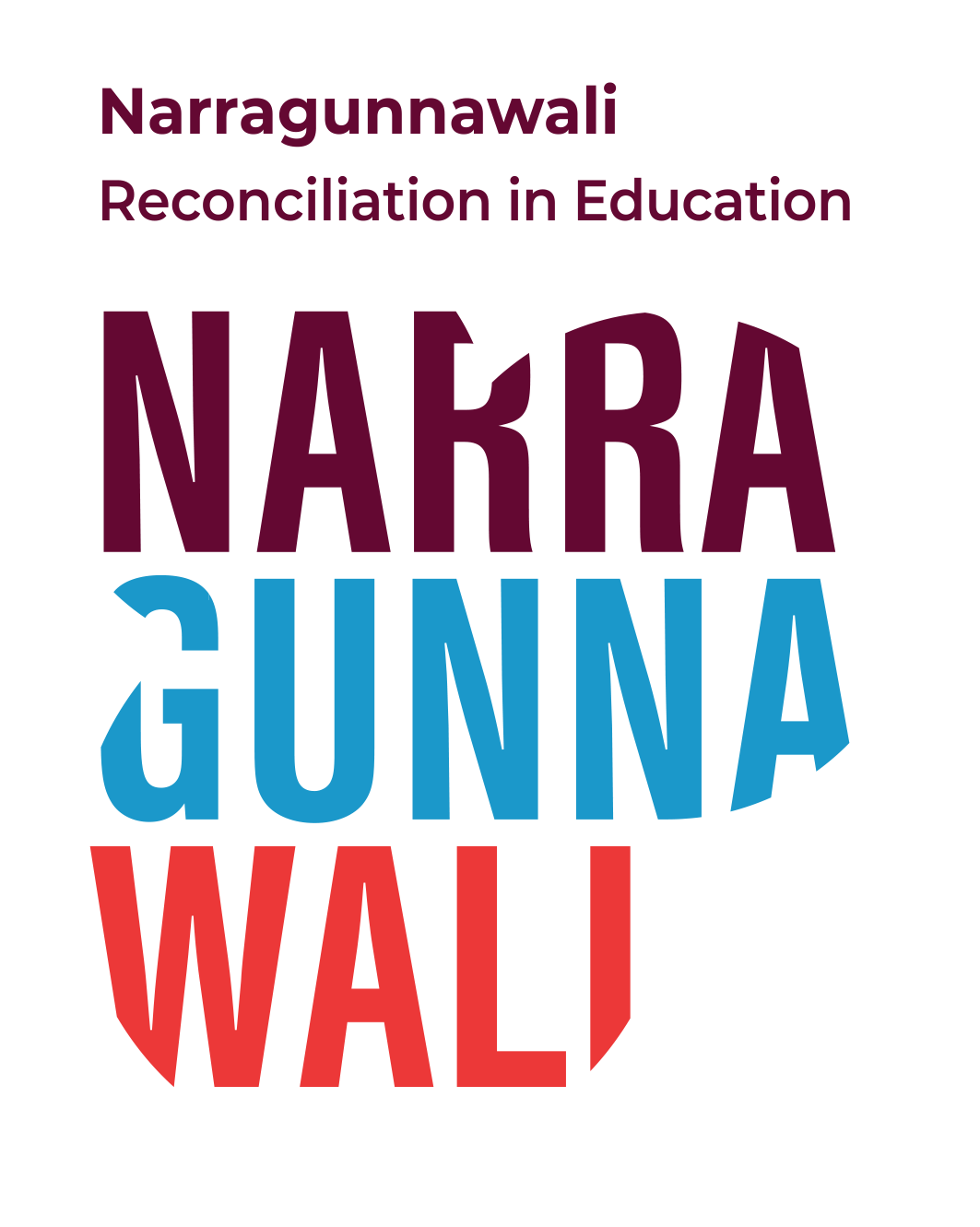Spotlight On - How one plant community can change a whole-school approach to sustainability

Recently, the Narragunnawali team had a chance to sit with Teresa and Nicole from Moriah College, a school in the Eastern Suburbs of Sydney, to discuss a unique plant community known as the Eastern Suburbs Banksia Scrub, which is native to Gadigal Country on which Moriah College stands. When learning that this plant was in fact endangered, both Nicole and Teresa, with the support of the wider school community, took action to protect it. Moreover, they also used the plant community as a meaningful focus point for teaching and learning about environmental sustainability and about the importance of caring for Country/place more broadly.
Nicole (Coordinator of Sustainable Practice) and Teresa (STEM teacher) have been instrumental in getting Moriah College’s Eastern Suburbs Banksia Scrub project off the ground. What is so special about this project is that it has not only provided critical care for an endangered plant species, but has also prompted key learnings about Aboriginal and Torres Strait Islander perspectives about connecting to, and caring for, Country/place. These learnings are now more formerly embedded in Moriah’s Science program, as well as across multiple curriculum areas, allowing for whole-school engagement. When asked about ‘why’ and ‘how’ this project came together, both Nicole and Teresa mentioned how, since discovering the Eastern Suburbs Banksia Scrub was growing in the school grounds, as well as in the adjoining Centennial Parklands, the school community felt it was their “responsibility to help manage and care for it.”
“Once key staff became aware of the need to help look after and to take responsibility of the plants we had in our school, the College applied for the Scientific License we needed. With the Eastern Suburbs Banksia Scrub now declared ‘Critically Endangered,’ our commitment to the regeneration of the site was, and still is, even more pressing to ensure the long-term viability of the Eastern Suburbs Banksia Scrub both within our boundary and beyond.” - Nicole
Linking knowledges of Aboriginal seasonal calendars/indicators, the science of nature, and local habitats and eco-systems, Moriah College embarked on a learning journey that involved many external stakeholders such as Waverley Council; Bush Regenerators from Centennial Parklands; Peter Cooley, an Aboriginal man from the La Perouse area (Dharug) and founder of the Indigigrow initiative; and Shannon Foster, a D’arawhal knowledge keeper with a long history and deep connection to Eastern Suburbs Banksia Scrub. Moriah College are proud to introduce students to the tens of thousands of years of Aboriginal Land management and caring for Country expertise in order to give them a holistic education about the importance and diverse ways of caring for the Land.
“Aboriginal perspectives run through everything. [Aboriginal peoples] are the experts in sustainability; they have all of this knowledge that is so key in this space. So we’ve really tried to maintain that throughout the school, embedding different perspectives and content for various curriculum areas.” - Teresa

The knowledge that Peter has been sharing with Moriah College has also been shared with the Bush Regenerators of Centennial Parklands and Waverley Council who are, in turn, applying this knowledge to better cater to the plants they look after on a bigger scale. To further extend this learning network, Nicole and Teresa mentioned that one of their next steps is to engage other schools in the area so that they can share their reflections about, and share the responsibility for, looking after the Land into the future:
“With understanding and embedding Aboriginal perspectives now being necessary to being accredited as a teacher, it’s been really powerful to see the College’s work towards caring for Country embedded from the beginning of the student’s Early Learning journey, and now also schools are getting on board with the cross-curriculum priority. So these are the ‘must haves’ for our educators.” - Nicole
Nicole and Teresa’s advice to give to schools who may be thinking of undertaking sustainability projects would be to take advantage of the environmentally responsible habits that you can start for free – small things like making sure the lights and taps are turned off, recycling as much as possible, using eco-friendly and biodegradable products can make a big difference, as can simply starting by teaching about environmental responsibility. If your school or early learning service community wishes to initiate a bigger project, appoint a ‘Sustainability Project Officer’ or equivalent, for the specific purpose of promoting and resourcing sustainable practices in the classroom, around the school and with the community. Identify key stakeholders and seek guidance from Aboriginal and Torres Strait Islander people from your local area.
-
18 Apr 2024NATIONAL RECONCILIATION WEEK 2024 CURRICULUM RESOURCES
-
18 Apr 2024Teacher Feature – Sherri Bryers, Tasmania
-
18 Apr 2024Civil Discourse: Post-Referendum for schools

